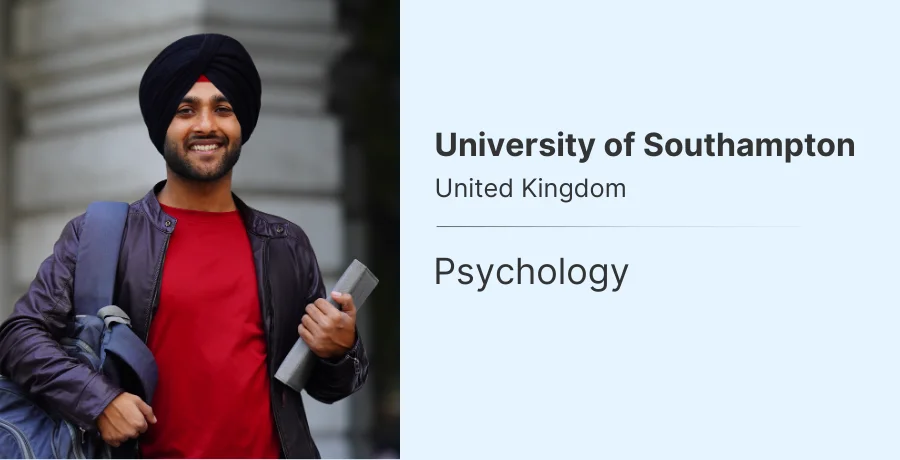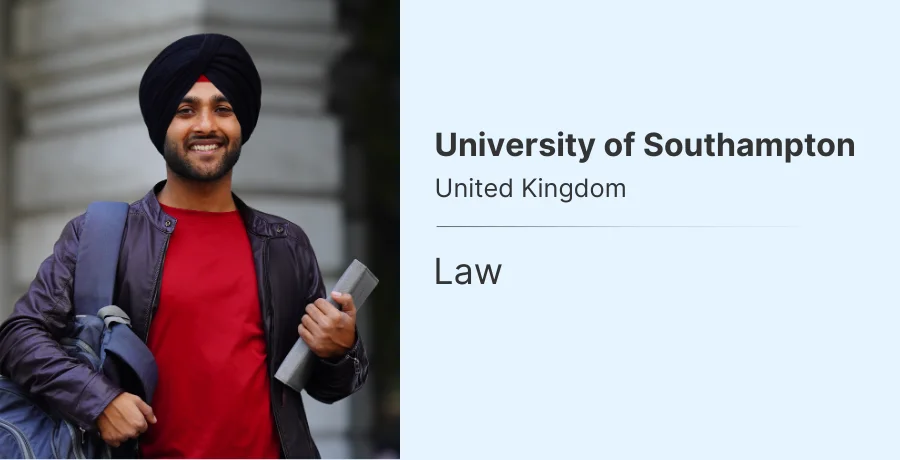Table of Contents
- Psychology at The London School of Economics and Political Science UK – Highlights
- Why Study Psychology at The London School of Economics and Political Science UK?
- The London School of Economics and Political Science Psychology Rankings
- The London School of Economics and Political Science Psychology Acceptance Rate
- Popular Psychology Courses at The London School of Economics and Political Science UK
- Admission Requirements to Psychology at The London School of Economics and Political Science UK
- Cost of Psychology at The London School of Economics and Political Science UK for Indian Students
- Scholarships at The London School of Economics and Political Science UK
- Job Prospects for Psychology at UK
- FAQs – Psychology at The London School of Economics and Political Science UK
Psychology at The London School of Economics and Political Science UK – Highlights
The Psychology course at The London School of Economics and Political Science (LSE) offers a rigorous and multidisciplinary approach to understanding human behavior. Situated in the heart of London, LSE provides students with unparalleled opportunities to engage with world-class academics and industry professionals.
Students can benefit from LSE's strong emphasis on research and practical applications, preparing them for a variety of careers in psychology and related fields. The vibrant city of London provides a rich cultural and academic environment, enhancing the overall educational experience.
Why Study Psychology at The London School of Economics and Political Science UK?
LSE is renowned for its excellent academic reputation and cutting-edge research in psychology. Studying here allows students to gain insights from some of the leading experts in the field. The university's emphasis on interdisciplinary learning ensures that students are well-equipped with a broad range of skills and knowledge.
- World-class faculty and researchers
- Strong emphasis on research and practical applications
- Located in the heart of London, offering a vibrant cultural and academic environment
- Extensive career support and networking opportunities
The London School of Economics and Political Science Rankings
| Ranking | Source |
|---|---|
| Top 20 in the world | US News and World Report Ranking |
| Top 30 in the world | QS Ranking |
| Top 50 in the world | THE Ranking |
| Top 40 in the world | ARWU Ranking |
The London School of Economics and Political Science Psychology Acceptance Rate
- The acceptance rate for the psychology program is highly competitive, reflecting LSE's rigorous academic standards.
- Typically, the acceptance rate ranges between 8-15%, depending on the year and applicant pool.
Popular Psychology Courses at The London School of Economics and Political Science UK
- Bachelor’s Programs:
- BSc in Psychological and Behavioural Science: This program offers a comprehensive understanding of human behavior, combining theoretical and practical approaches.
- BSc in Social Psychology: Focuses on the intersection of psychology and social sciences, preparing students for careers in social research and applied psychology.
- Master’s Programs:
- MSc in Organizational and Social Psychology: This course explores the psychological aspects of organizational behavior and social interactions within the workplace.
- MSc in Behavioural Science: Provides in-depth knowledge of behavioral economics and psychology, focusing on how human behavior impacts economic decisions.
Admission Requirements to Psychology at The London School of Economics and Political Science UK
Admission to LSE's psychology programs is highly competitive, requiring a strong academic background and a demonstrated interest in the field. Applicants must meet specific entry requirements and submit relevant documentation.
- Entry Requirements:
- The London School of Economics and Political Science Psychology entrance exam
- The London School of Economics and Political Science Psychology entry requirements
- Eligibility Criteria:
Applicants must have completed high school with excellent grades, particularly in subjects related to psychology and social sciences. For postgraduate programs, a relevant undergraduate degree is required.
International students must demonstrate proficiency in English through standardized tests such as IELTS or TOEFL.
- Documents Required:
- Academic transcripts
- Personal statement
- Letters of recommendation
- Proof of English language proficiency
- Resume/CV (for postgraduate applicants)
- Proficiency Test:
Applicants must submit scores from English proficiency tests such as IELTS or TOEFL. The minimum required scores vary by program, but generally, a high level of proficiency is expected.
- Visa Process:
- Obtain a Confirmation of Acceptance for Studies (CAS) from LSE.
- Apply for a Tier 4 (General) student visa.
- Provide evidence of financial support for tuition and living expenses.
- Submit biometric information and attend a visa interview if required.
Cost of Psychology at The London School of Economics and Political Science UK for Indian Students
- Tuition Fees:
The tuition fees for psychology programs at LSE vary by level and program, typically ranging from £20,000 to £30,000 per year for international students.
- Cost of Living:
The cost of living in London can be high, with expenses for accommodation, food, transportation, and personal costs typically ranging from £12,000 to £15,000 per year.
| Expense | Cost (Per Year) |
|---|---|
| Tuition Fees | £20,000 - £30,000 |
| Cost of Living | £12,000 - £15,000 |
Scholarships at The London School of Economics and Political Science UK
LSE offers a range of scholarships to support international students. These scholarships are based on academic merit and financial need.
- LSE Undergraduate Support Scheme: Provides financial assistance to undergraduate students from low-income backgrounds.
- LSE Graduate Support Scheme: Offers partial funding to postgraduate students based on financial need.
Job Prospects for Psychology in UK
Graduates of LSE's psychology programs have excellent job prospects, with opportunities in various sectors such as healthcare, education, research, and consultancy. The strong emphasis on research and practical applications equips students with valuable skills for the job market.
| Job Title | Average Salary (Per Year) |
|---|---|
| Clinical Psychologist | £40,000 - £70,000 |
| Educational Psychologist | £35,000 - £60,000 |
| Research Scientist | £30,000 - £50,000 |
| Organizational Psychologist | £45,000 - £80,000 |
FAQs – Psychology at The London School of Economics and Political Science UK
- Can I work while studying psychology at LSE?
Yes, international students can work part-time during their studies, typically up to 20 hours per week during term time and full-time during holidays.
- What are the advantages of studying psychology at LSE?
Studying at LSE offers access to world-class faculty, cutting-edge research, and a vibrant academic community. The interdisciplinary approach provides a broad skill set, enhancing career prospects.
- What is the average salary for psychology graduates from LSE?
The average salary for psychology graduates from LSE varies by job role but generally ranges from £35,000 to £70,000 per year.
- What is the duration of psychology programs at LSE?
Undergraduate programs typically last three years, while postgraduate programs range from one to two years, depending on the specific course and study mode.
- What exams are required for admission to LSE's psychology programs?
Applicants must meet specific entry requirements, which may include standardized tests such as the IELTS or TOEFL for English proficiency and relevant academic qualifications.
- What are the popular Psychology courses at The London School of Economics and Political Science UK?
Popular courses include the BSc in Psychological and Behavioural Science, BSc in Social Psychology, MSc in Organizational and Social Psychology, and MSc in Behavioural Science.












